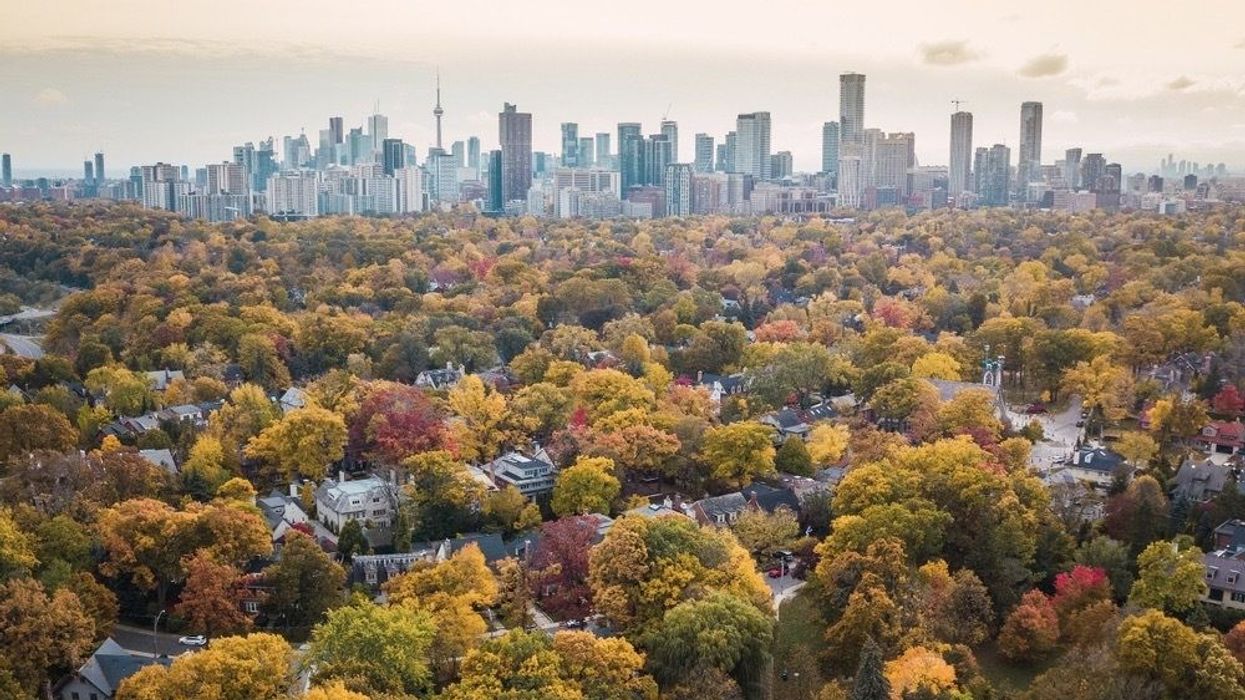As housing prices in the Greater Toronto Area continue to climb to unattainable heights, pushing the dream of homeownership even further out of reach for many, it's being said that a major contributor to the rising home prices in the region is money laundering.
However, billions of dollars in real estate transactions in the GTA alone can be tied to money laundering, according to a 2019 joint study titled OPACITY: Why Criminals Love Canadian Real Estate (and what to do about it).
The study, completed by Transparency International Canada and the End Snow Washing Coalition found multiple risk indicators in GTA real estate, including that different corporations acquired nearly $30 billion in local housing between 2008 and 2018, the majority of which was privately owned with no information on beneficial owners provided.
During that same time period, the study also found at least $35 billion (25%) in residential mortgages in the GTA were provided by unregulated lenders with no anti-money laundering reporting obligations.
The study also revealed that $9.8 billion in GTA housing was acquired by companies through cash, or non-financed purchases during this period, much of it bypassing statutory Anti-Money Laundering (AML) checks on the source of funds and beneficial owners.
James Cohen, Executive Director, Transparency International Canada, says a publicly accessible land ownership transparency registry in Ontario would be a crucial tool to fight these problems.
To tackle money laundering on a national level, the federal government indicated in its budget last April that a new database with details on beneficial landowners is being planned and is expected to be complete by 2025.
READ: Every Housing Promise Trudeau Made Ahead of His Re-Election
British Columbia has already announced a Land Owner Transparency Registry, which has been touted as a critical anti-money laundering tool. According to the BC government, it will be a publicly searchable registry of information about beneficial ownership of land in the province. Beneficial land owners are those who own or control land indirectly, such as through a corporation, partnership or trust.
However, Ontario could be the second province to crack down on fraud in the housing market. Last week, Ontario NDP Housing critic Jessica Bell (University-Rosedale) and MPP Bhutila Karpoche proposed new legislation called the Anti-Money Laundering in Housing Act.
The anti-money laundering bill is intended to make homes affordable by ending the practice of numbered companies buying up swaths of homes while shielding themselves from transparency. The bill requires corporations, trusts, and partnerships that own real estate to disclose individual owners, with failure to comply resulting in fines of up to $100,000.
The proposed bill would build on beneficial ownership transparency developments brought forward by the Ontario government in Bill 43 that proposed amendments to the Business Corporations Act as part of the Fall Economic Statement.
However, Bell says the Fall Economic Statement falls short because minor changes to address this big problem shield the identity of beneficial owners, and open massive loopholes that trusts, partnerships, and foreign corporations can easily exploit to dodge taxes or launder money.
"While individual buyers are required to publicly register the property they own, investors can set up numbered corporations, trusts, and partnerships that are allowed to buy and sell property anonymously, making Canada a global hotspot for money laundering and fraud," said Karpoche, adding, "Doug Ford has done nothing to crack down on shady real estate deals including money laundering, tax evasion, and rampant housing speculation."
Everyone deserves to the chance to own a home, yet rising prices and investor-driven speculation continue to operate as substantial obstacles stopping many Ontarians from being able to do so.
"If we want more of Ontario’s homes to be affordable for people and families, we need to take action to stop anonymous investors from outbidding families who just want to own one home," said Bell.





















